
If approved, the decision could have a significant impact on the mass vaccination programs.

If approved, the decision could have a significant impact on the mass vaccination programs.

In a phase 3 study, rheumatoid arthritis (RA) therapy, tocilizumab, did not improve clinical status or lower mortality in these patients.
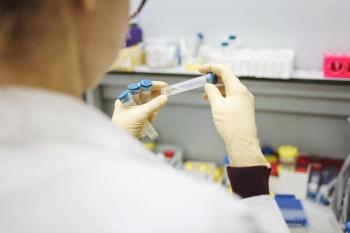
Pooled testing allows multiple samples to be processed at once and help increase testing efficiency.
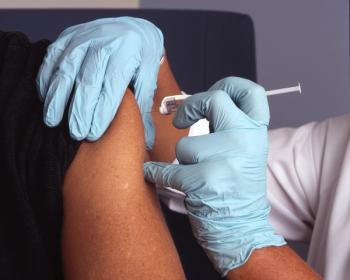
Vaccine clinical trials have fallen short of diversity guidelines during the past decade, with minority groups underrepresented and key data missing in many trials, a new study found.

The new trial comes at a time when the FDA has provided guidance on navigating immunogenicity trials for vaccines designed against more transmissible SARS-CoV-2 strains.
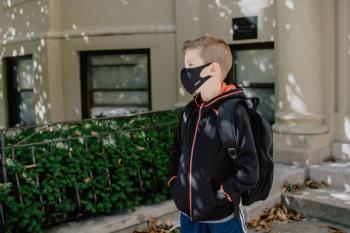
Study results highlight that new data is constantly emerging and that society must be flexible in its response to the pandemic.

A massive assessment of a quickly vaccinated population shows the mRNA vaccine provides greater protection over time.
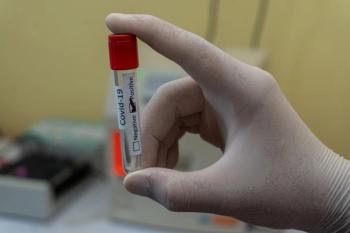
Not every positive patient missed by PCR and antigen tests will be infectious to others.

The data supports strong guidance for enhanced precautions to prevent SARS‐CoV‐2 infection in pregnancy.
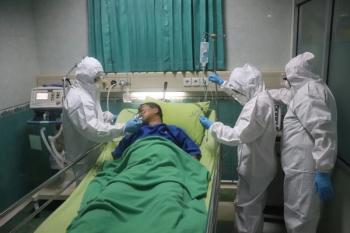
A better option is needed that can incorporate specific mortality-related variables, the study authors said.

Supporting EUA data for the one-shot vaccine candidate showed Americans fared best in a 40,000-participant, international trial.
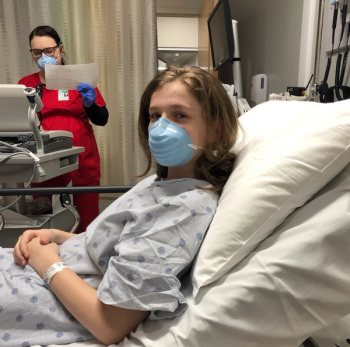
Investigators sought to compare trends in US pediatric hospitalizations in 2020 with those the decade prior to COVID-19.

A talk on optimistic, but pragmatic hopes for HIV cure and vaccine research, led by federal-level experts.

TicoVac will be decided on for both pediatric and adult people at risk of the tick-borne virus in August.

SAP1 and SAP6 were found to inhibit a SARS-CoV-2 infection.

Understanding underlying immunological mechanisms can provide critical insights.

In addition to 7 people in 4 states who have become sick after eating queso fresco from a New Jersey-based company, the Food and Drug Administration (FDA) has published an updated warning.
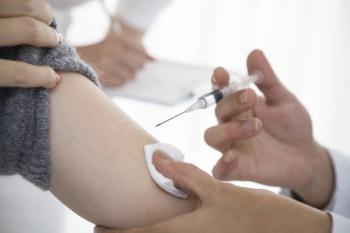
An investigational HCV vaccine induced immunologic response and was well tolerated, but did not protect against infection.

Attention to the endemic virus has lessened over years, and screening and prevention access remains limited among the most at-risk groups.

This partnership of recognized experts provided feedback about a variety of topics related to the virus.

The new advisory is informed by currently-understood effect of authorized vaccines against circulating SARS-CoV-2—which show benefit nonetheless.
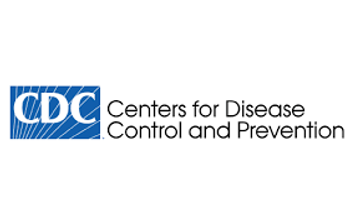
According to the federal agency, anaphylaxis from mRNA COVID-19 vaccinations is a rare event.
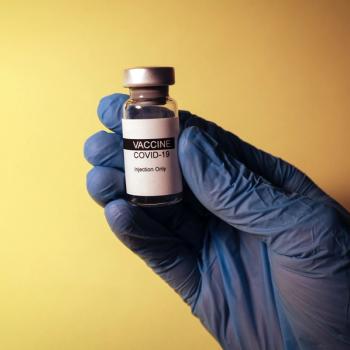
Mediterranean region imposes partial lockdown following a surge in cases.

A John Hopkins expert and major study leader details the evolving epidemiology of the virus.
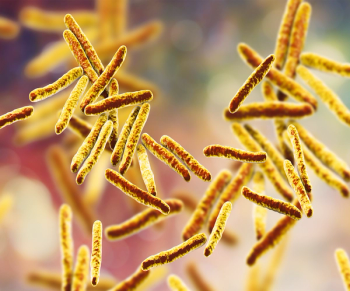

Investigators at Cedars-Sinai Medical Center identified a variant of severe acute respiratory syndrome coronavirus 2 (SARS-CoV-2), called CAL.20C, which accounted for about 44% of samples in Southern California in January.

HIV-associated wasting remains common complication despite treatment with antiretroviral therapy.

Immune memory is the basis for durable protective immunity after infections or vaccinations.

The news comes on the same day as new data showing the vaccine's efficacy as a single-dose prophylactic, as well as the company's application for eased storage standards for US supplies.

With millions of mRNA vaccine doses administered, the US Centers for Disease Control and Prevention (CDC) provide information on these events.